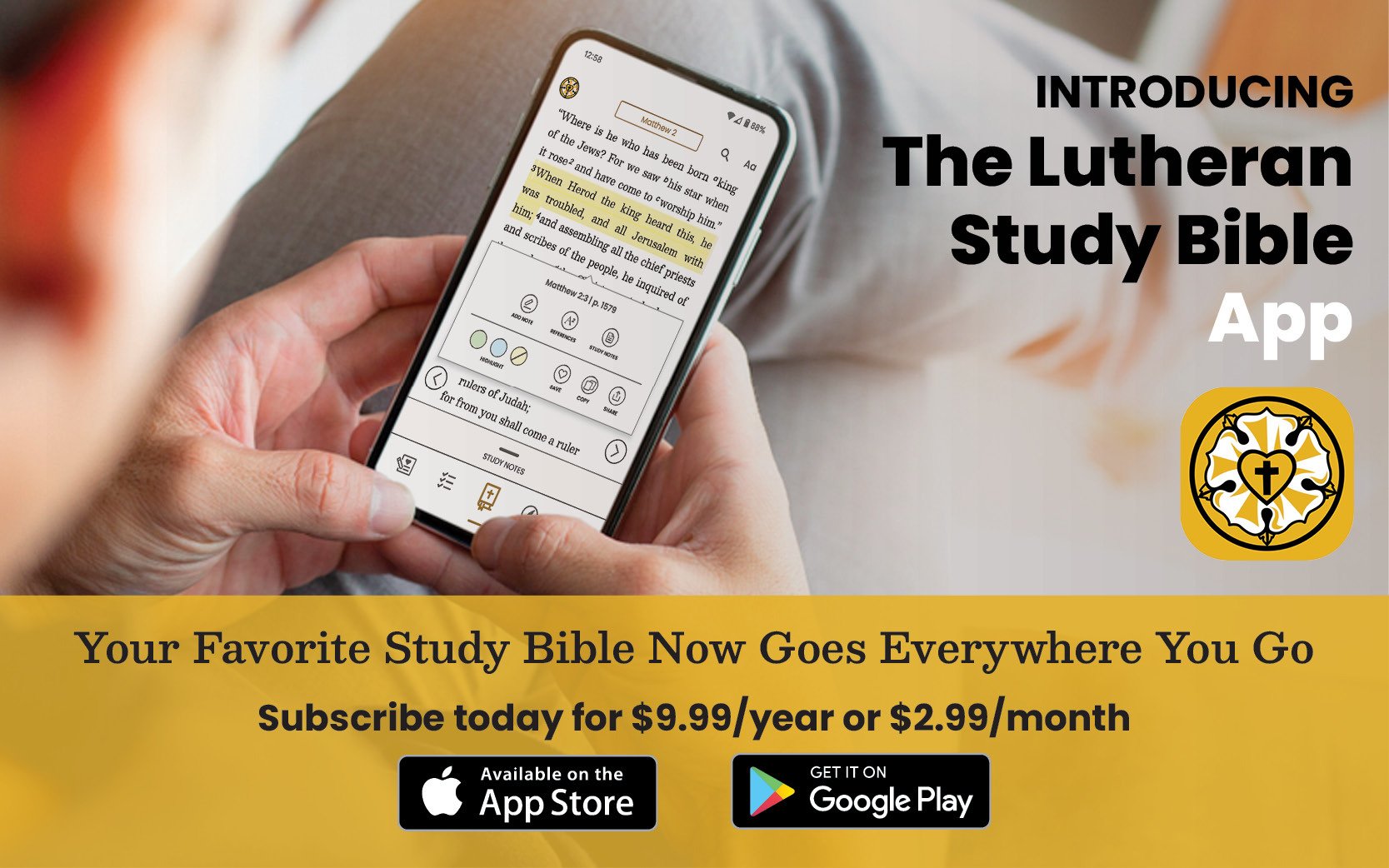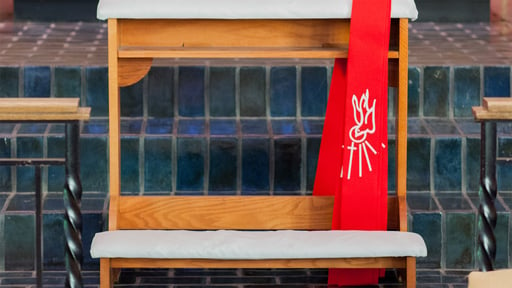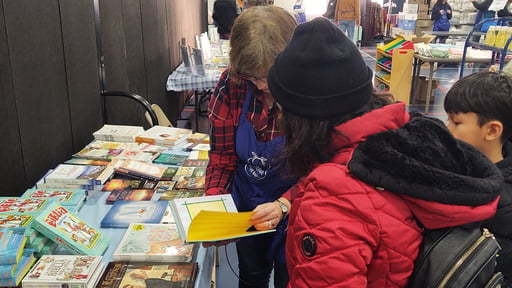On today’s feast celebration, we read a devotion from Luther’s Works, Volume 69 (Sermons on the Gospel of St. John Chapters 17–20).
Scripture Readings
Proverbs 31:10–31
Psalm 73:23–28
Acts 13:26–31
John 20:1–2, 10–18
Introduction
Mary Magdalene was one of the first witnesses to Jesus’ resurrection. In the moment when she understood what had happened, her extreme sadness turned to unparalleled joy. Along with Mary, we rejoice that Christ has been raised. In His resurrection from the dead, He overcame the power of death for us.
Devotional Reading
Now on the first day of the week Mary Magdalene came to the tomb early, while it was still dark, and saw that the stone was removed from the tomb.
It is indeed hard to believe that man, who perishes and dies in so many ways, shall live again; and that the parts of the human body, scattered so far from one another and having been turned into ashes and dust in fire, water, or earth, shall come together again; and that the human soul shall again dwell in the very same body where it had dwelt before; and that a human being shall have the very same eyes, ears, hands, and feet, except that the body with its members shall have a different substance. All this, I say, is indeed hard to believe. For if all this is reckoned according to reason, it seems as if this article concerning the resurrection of the dead were either nothing at all or altogether uncertain.
Mary forgets all about her household cares and work and runs to the tomb at the break of the day to look for the Lord, and she is so altogether heedless because of her great love that she does not consider what she is doing or what she intends. If she had been in a rational and cautious state of mind, she would have thought to herself: “What are we doing? Are we not mad fools? We are rushing straight to the tomb where so many of the governor Pilate’s and the chief priests’ guards are stationed. There is also a large stone lying in front of the tomb, and the stone is sealed, so that all our rushing and running are of no avail.” So she would doubtless have thought, just as later she reflects for the first time when she is already on her way. But at first she is so mad and blind with her great love that she neither sees nor hears anything.
This is how a heart seized by love is accustomed to act, so that it sees nothing but what it loves and desires. This is also apparent in mad love, and that is why the poets portrayed Cupid or love as being blind. Just as it happens in mad love that whoever is seized with such love sees and hears nothing but what he loves, so, too, in this love toward Christ it happens that a human being who loves Christ becomes drunk, thinking of nothing and seeing nothing but Christ. Nevertheless, Mary here still does not have faith that Christ is risen from the dead; rather she is only burning with love for the dead, just as before she had burned with love for the living Christ.
Such a remarkable thing is love that it freely goes forth and gives no thought beforehand whether what it has in view or is attempting is even possible. This is how a human being who believes in Christ acts. He joyously and boldly goes forth, confessing Christ and talking about Him, and he gives no thought whether it is possible for him to attain his goal, seeing and heeding no one, neither father nor mother, neither possessions nor honor, neither body nor life anything on earth.
Prayer
Dear Father, You have sent Christ to serve us, although He had the right to demand our service. Forgive us, Father. Lead us to give ourselves for the sake of others, that we, being last, might truly be first with Jesus in His kingdom. Amen.
Devotional reading is adapted from Luther’s Works, Volume 69 (Sermons on the Gospel of St. John Chapters 17–20), pages 285–91 © 2009 Concordia Publishing House. All rights reserved.
Prayer is from Reformation Heritage Bible Commentary: Mark, page 194 © 2013 Concordia Publishing House. All rights reserved.






.jpg?width=50&height=50&name=IMG_20220621_160541_456%20(1).jpg)






